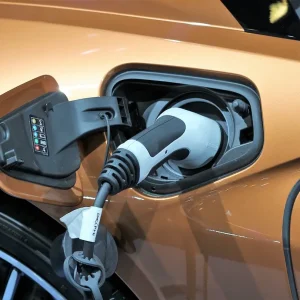Alphabet has dismissed reports claiming that six-year-old company cars could become common for many fleets.
“The number of fleet cars operated on five- or six-year cycles is likely to remain relatively small because leasing remains the preferred acquisition method for the majority of UK fleets,” said the leasing giant.
Research has claimed that car replacement cycles are lengthening, but focussed on cars purchased outright, rather than leased vehicles.
“If a company wants or needs to divert capital away from internally funding its fleet, it makes sense to consider an option such as a sale and leaseback arrangement, rather than pushing out the replacement cycle beyond what is safe and financially sensible,” said Alphabet director Mark Sinclair.
Sinclair pointed out that keeping cars for longer periods could prove to be a false economy. “As well as the duty of care implications of running ageing vehicles, one needs to consider what they do to employee motivation,” he said. “Drivers in four, five or six-year-old cars pay the same amount in BIK tax as they did when the cars were new.
“It is widely recognised that accurate Whole Life Costs are by far the best way to determine the replacement cycle as well as choice of cars. Leasing companies pay close attention to WLCs and it is significant that the leasing sector rarely offers quotes on leases over five years, while in practice it is unusual to come across contract terms longer than four years.”





